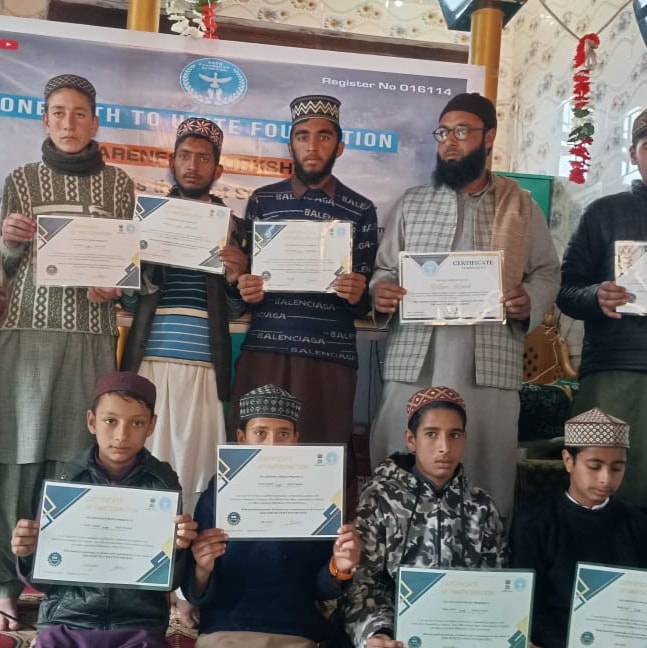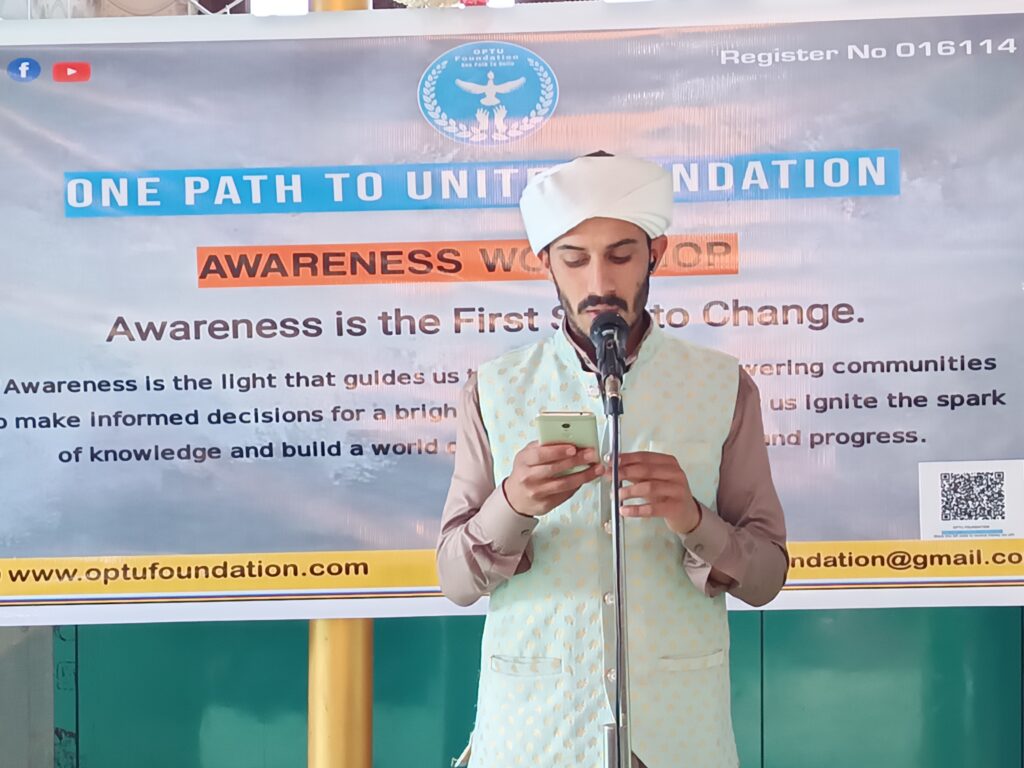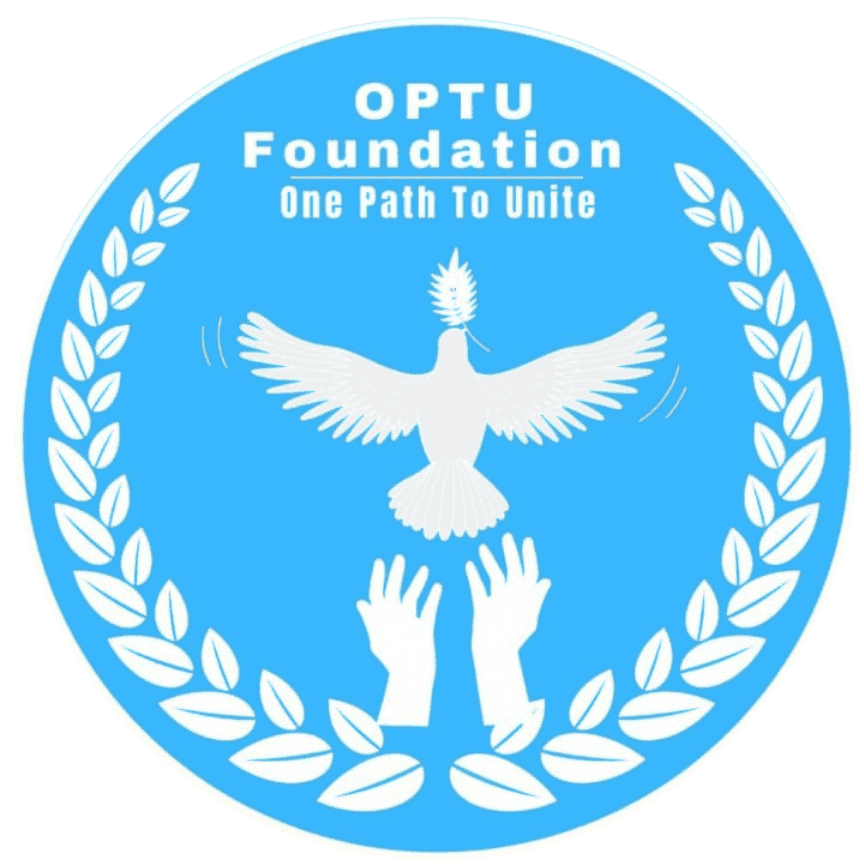ntegrating Modern Education in Madrasas: A Path to Holistic Development
Madrasas have historically played a vital role in providing religious education, preserving Islamic teachings, and nurturing students with moral and ethical values. However, in today’s fast-paced world, where technological advancements and modern skills are essential for progress, integrating contemporary education in madrasas has become a pressing need.
The Need for Modern Education in Madrasas
Traditionally, madrasas have focused on Islamic studies, including Quranic recitation, Hadith, Fiqh, and Arabic language. While these subjects are fundamental for spiritual growth, students also require modern subjects such as science, mathematics, English, and computer literacy to excel in the broader society. The integration of these subjects can help bridge the gap between traditional and contemporary education, enabling madrasa students to contribute effectively to various professional fields.

Benefits of a Balanced Curriculum
A well-rounded curriculum combining Islamic teachings with modern education provides numerous benefits:
- Enhanced Career Opportunities: Equipping students with modern knowledge and skills increases their employability in diverse fields, including IT, healthcare, business, and education.
- Improved Critical Thinking: Subjects like mathematics and science foster analytical skills, enabling students to think critically and solve real-world problems.
- Empowerment Through Technology: Digital literacy allows students to access vast knowledge resources, engage in online learning, and stay updated with global advancements.
- Effective Communication: Learning languages such as English enhances students’ ability to interact confidently in national and international platforms.
- Social and Economic Development: Modern education prepares students to contribute positively to society by promoting entrepreneurship, innovation, and socio-economic growth.

hallenges in Implementation
Despite the evident benefits, integrating modern education in madrasas presents certain challenges:
- Resistance to Change: Some scholars and institutions may be hesitant to adopt modern subjects, fearing dilution of religious teachings.
- Lack of Resources: Many madrasas operate on limited funds, making it difficult to introduce new subjects, hire qualified teachers, and acquire necessary infrastructure.
- Curriculum Development: Creating a curriculum that seamlessly integrates both religious and modern education requires careful planning and expertise.
Steps Toward Integration
Organizations like 123 Reh Foundation are actively working to introduce modern education in madrasas through various initiatives. Some practical steps include:
- Teacher Training Programs: Providing specialized training to madrasa teachers to equip them with modern teaching methodologies.
- Collaboration with Educational Institutions: Partnering with universities and schools to facilitate subject integration.
- Funding and Support: Encouraging governmental and non-governmental organizations to invest in madrasa education reform.
- Community Awareness Campaigns: Engaging parents, scholars, and students in discussions about the benefits of a balanced education system.



